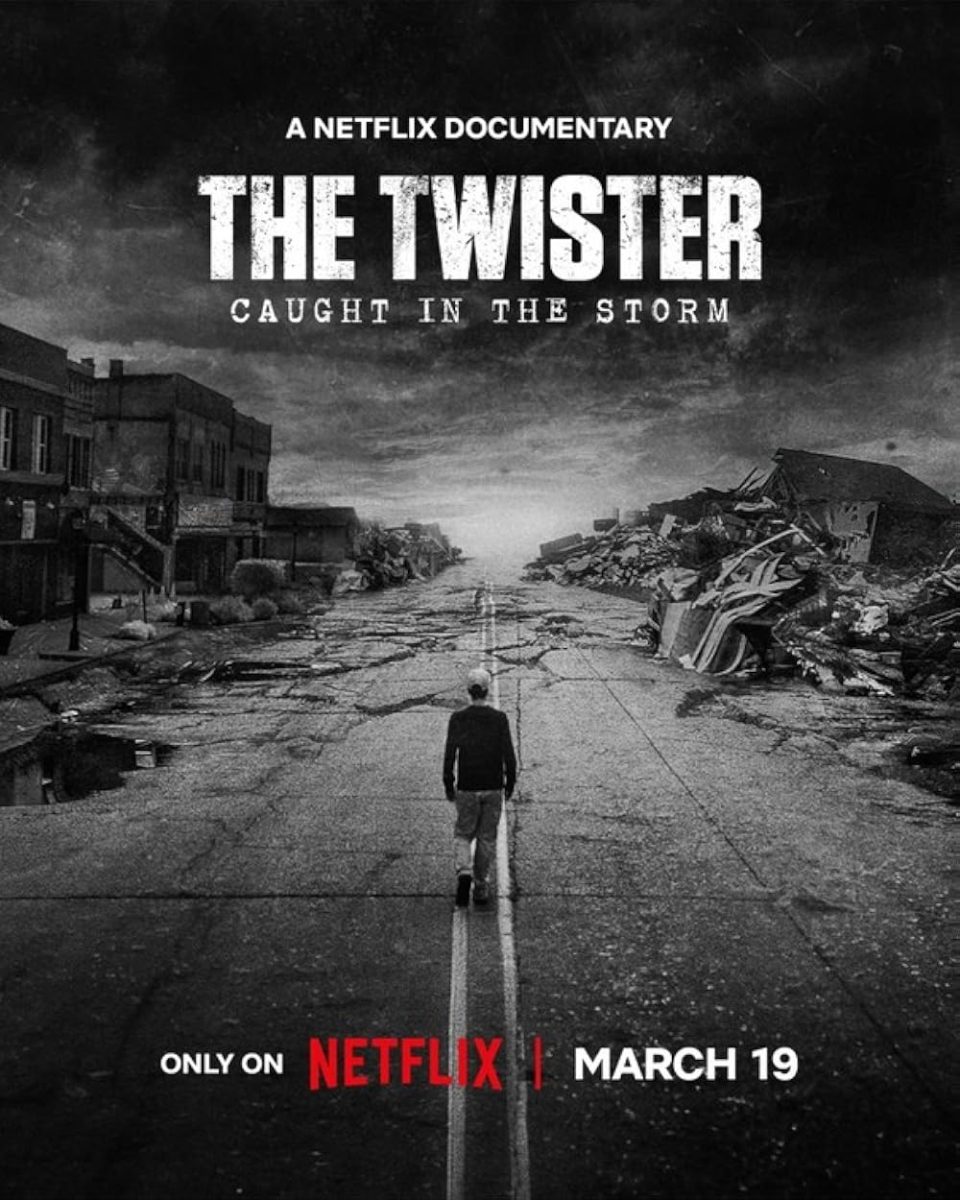The recent Brandy Melville documentary aimed to shine a light on the troubling dynamics of the brand and its role in fast fashion, yet it fell short of delivering a cohesive and impactful message. While the filmmakers adeptly exposed the disturbing practices of the brand CEO Stephan Marsan, their broader attempts to critique the fast fashion industry lacked any connection back to Brandy Melville itself.
One of the documentary’s strengths lay in its exposé of Marsan’s unethical practices. Viewers were given insight into the troubling culture that exists inside Brandy Melville, complete with interviews and anecdotes from former employees that painted a disturbing picture. This aspect of the film effectively captured my attention, revealing a level of manipulation and exploitation that should make anyone pause. However, once this information was laid bare, the documentary shifted gears, opting for a sweeping indictment of fast fashion that felt disjointed and unfocused.
As the film discussed the consequences of fast fashion donations and their impact on third-world countries, I noticed a glaring disconnect between those issues and the brand itself. Instead of driving home the point about Brandy’s role in fast fashion, it made sweeping statements about the industry, specifically its effects on Ghana.
The filmmakers appeared to hope that viewers would gloss over this lack of specificity, allowing them to maintain the focus on fast fashion’s broader problems without tying it back to the company. This tactic ultimately undermined the documentary’s credibility. By not addressing whether Brandy Melville’s clothes are being donated, recycled, or discarded, the documentary failed to confront the brand’s specific role in the cycle of waste they critiqued.
Despite the disconnect, the portion on Ghana was the highlight of the documentary. The interviews with the locals were eye-opening as they revealed what life is like living in a fast-fashion wasteland. This part seemed deserving of its standalone documentary as it had no relation to Brandy Melville but was still the most compelling segment of all.
The failure to connect Brandy Melville to the broader fast fashion narrative also raised questions in my mind about the filmmakers’ intentions. Were they genuinely interested in sparking change, or were they simply trying to ride the wave of a trending topic? By the end of the film, it is sad to say I felt more confused than enlightened and was left with nothing but a general disillusionment about fast fashion without a clear path forward regarding Brandy Melville’s role.
In the end, the documentary is a missed opportunity, leaving viewers with a hollow sense of urgency rather than a genuine call to action. It may have shown the disturbing practices of a CEO who exploits vulnerable employees, but failing to connect them back to their role in fast fashion raises questions about the filmmaker’s true intentions. They shifted their focus to the effects of general fast fashion waste on Ghana but conveniently forgot to include Brandy Melville’s part in it all.
I am left grappling with the realization that while the documentary exposes the disturbing lack of morals at the heart of the brand, it fails to ignite the fire needed to hold it accountable, ultimately rendering its message empty. In a world where fast fashion thrives on neglect, this documentary, despite its noble intentions, leaves me frustrated, a stark reminder that awareness without accountability is simply another form of complicity.









Peggy Malloy Balkus • Oct 16, 2024 at 5:36 pm
Natalie, an impressive article. It was very well written. I learned a lot about a subject that I wasn’t aware of until I read your critique of the documentary. What I liked best is the article educated as well as provided reasons and examples to support your opinion. Good job.